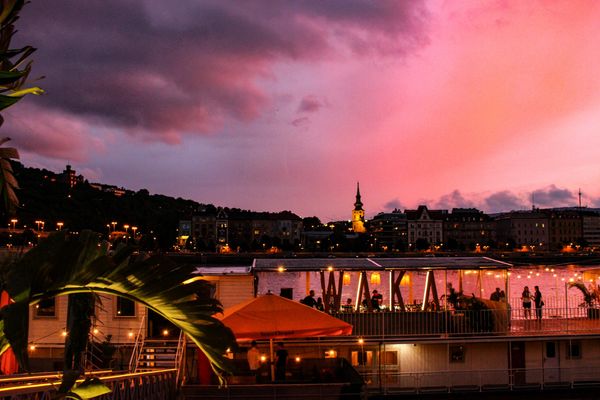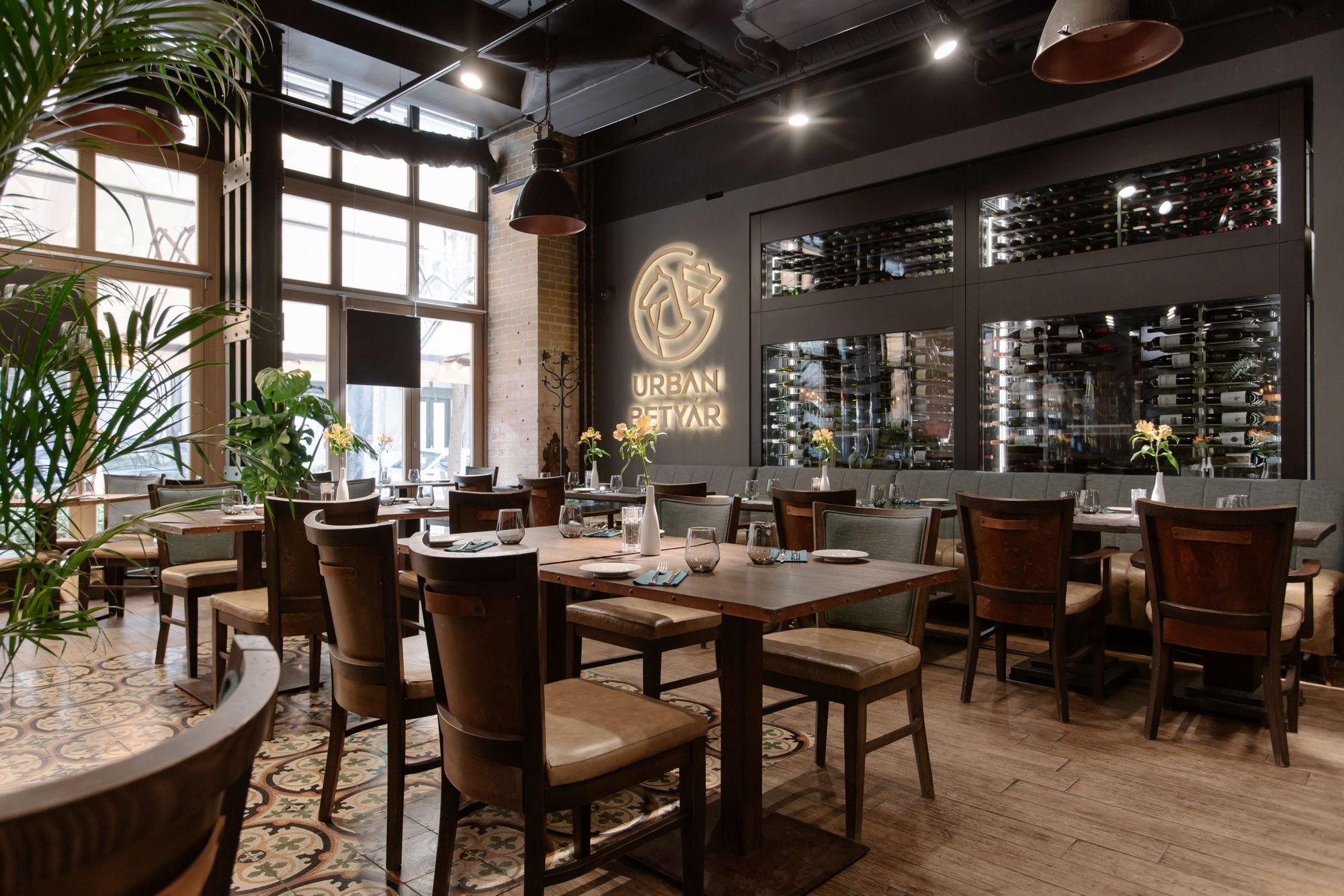How can one of the most exciting phenomena of the Hungarian myth world, being an outlaw, be put on the map of contemporary gastronomy? The Urban Betyár mixes elements of folklore and modern cuisine in an unconventional way, while providing a unique experience for visitors. In the recently reopened restaurant, museum and event center, three things work perfectly: tradition, quality and innovation.
Urban Betyár greatly embodies the requirements of downtown restaurants: it awaits its guests in an accessible, impressive neighborhood, while its individually designed interiors are organized around a theme, and its services are a hundred percent consistent with current trends. Nevertheless, the idealism of the restaurant mentioned above is completely unique, which is due to the family-like atmosphere—this is true in several respects, as it was formed as a sister restaurant under the auspices of gastronomy venues such as the First Strudel House of Pest or Trabant’60. On the other hand, it is a family restaurant, where the relatives see each other as a professional companion, and this atmosphere in itself reinforces the traditional feeling. The story of the concept of Urban Betyár is closely aligned with this too: during family travels it arose that in many countries there are positively judged, heroized bandits around whom a brand or restaurant is built, and in Hungarian terms, the legends of the outlaw cult and Sándor Rózsa were still untapped—based on which the idea of Urban Betyár was born, which combines the atmosphere of the Hungarian folk traditions and the outlaws with exclusive culinary experiences.
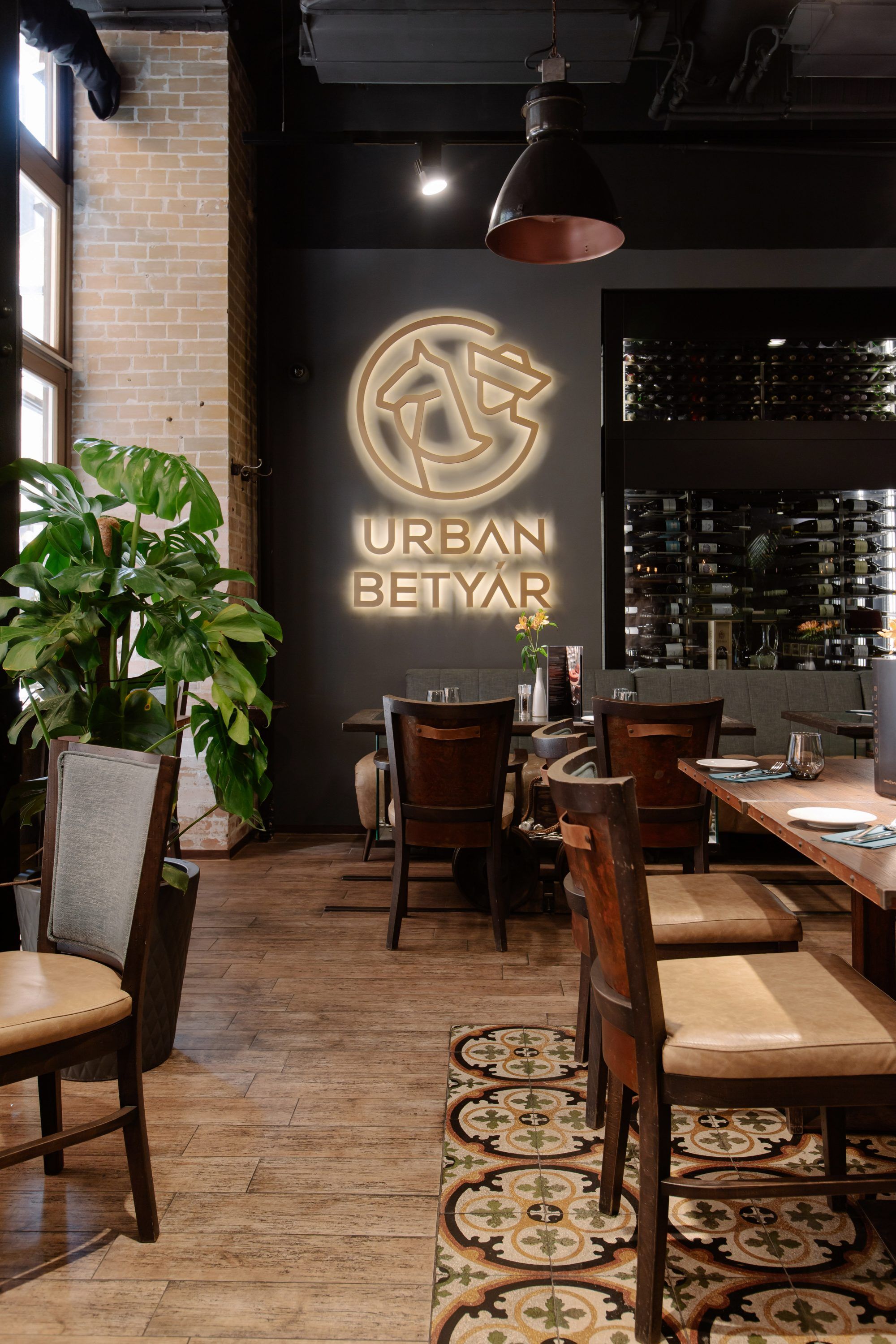
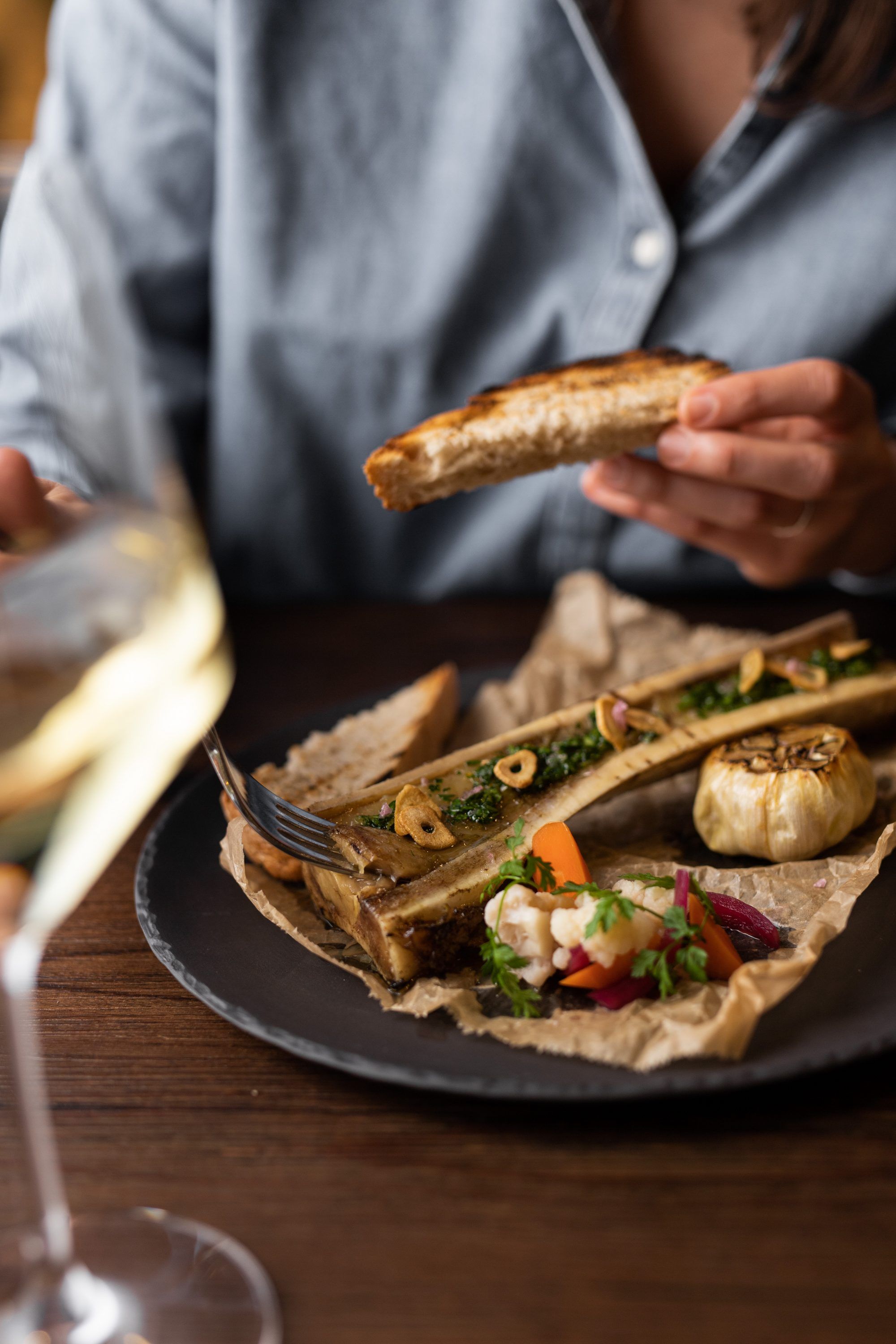
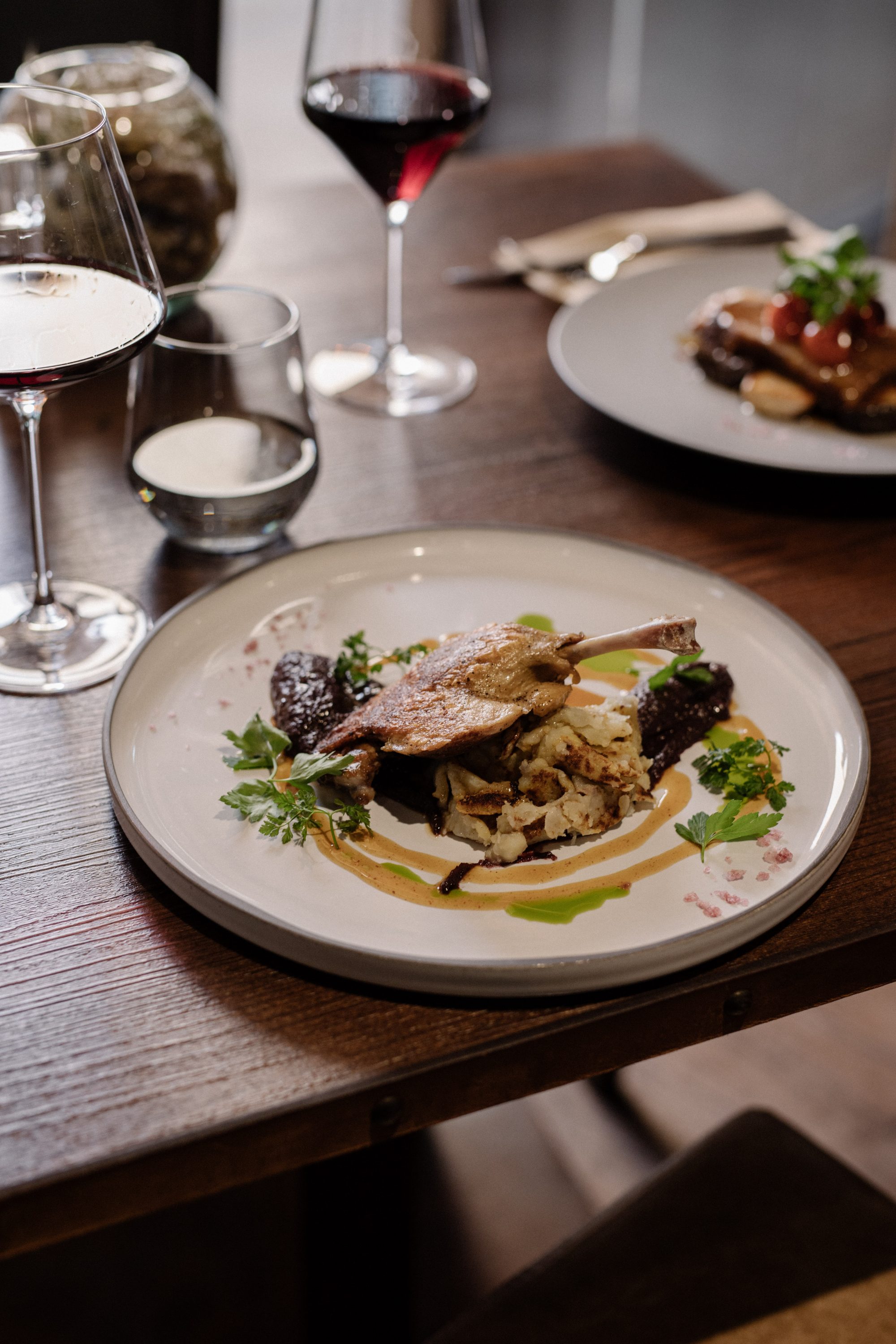
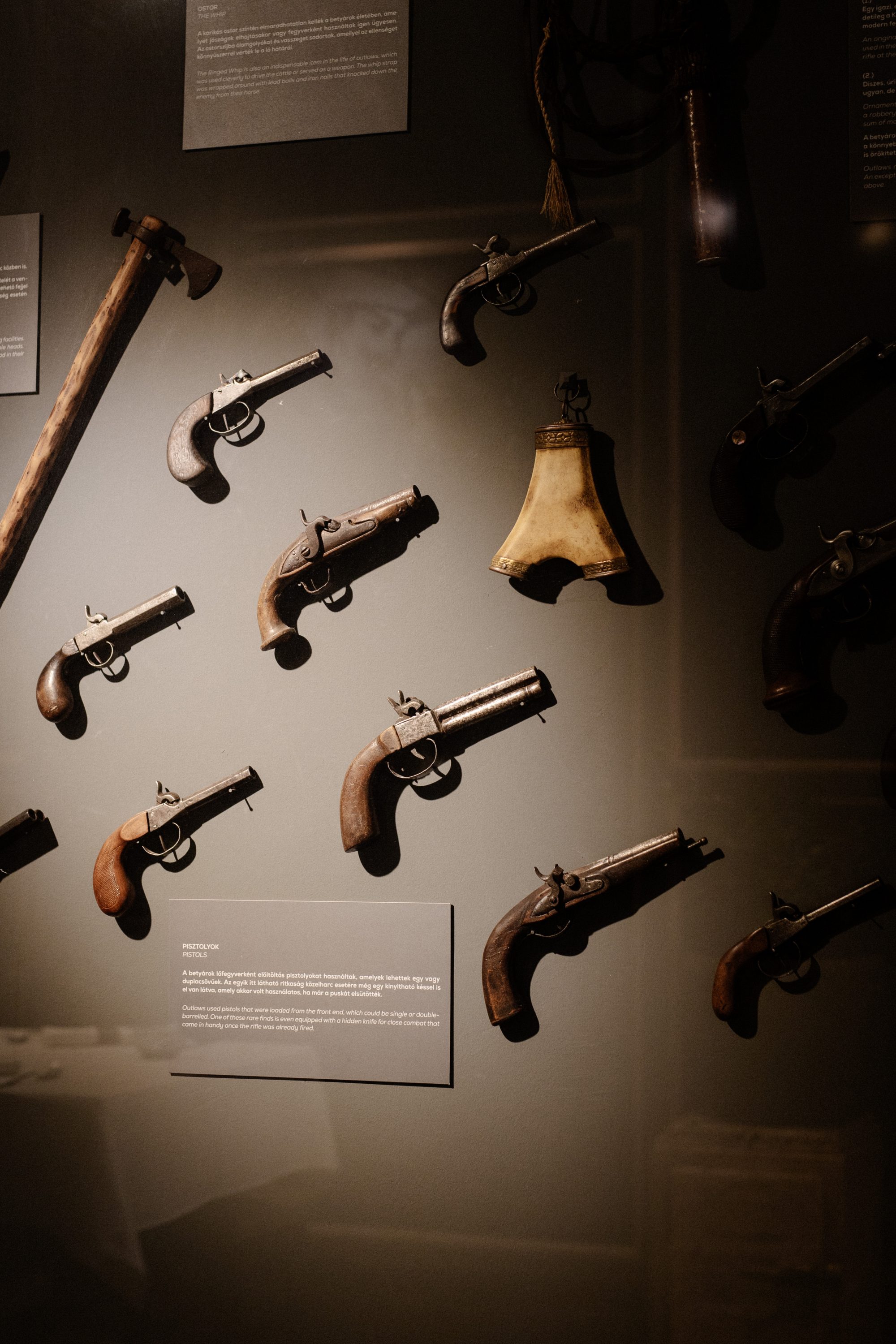
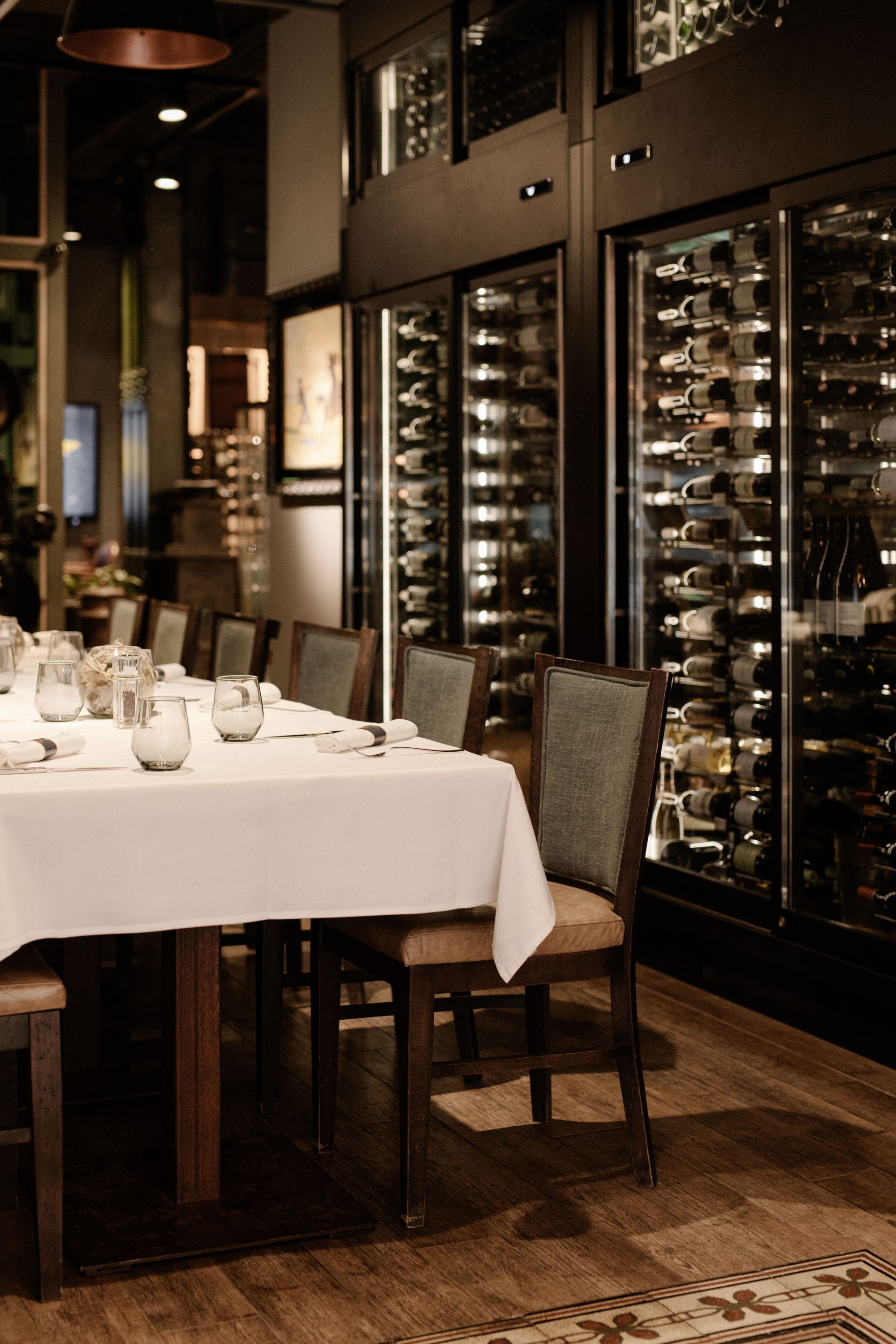
The adventurous life stories of the titular robbers are reflected in the interior of the restaurant, so we can see the famous first Eastern European train robbery as a visual element, but some tools from the object culture of previous centuries are built into this, such as the 150-year-old press, which is one of the outstanding motifs of the restaurant space. Another exciting part of the room is the outlaw statue, which according to the legend, can also bring love.
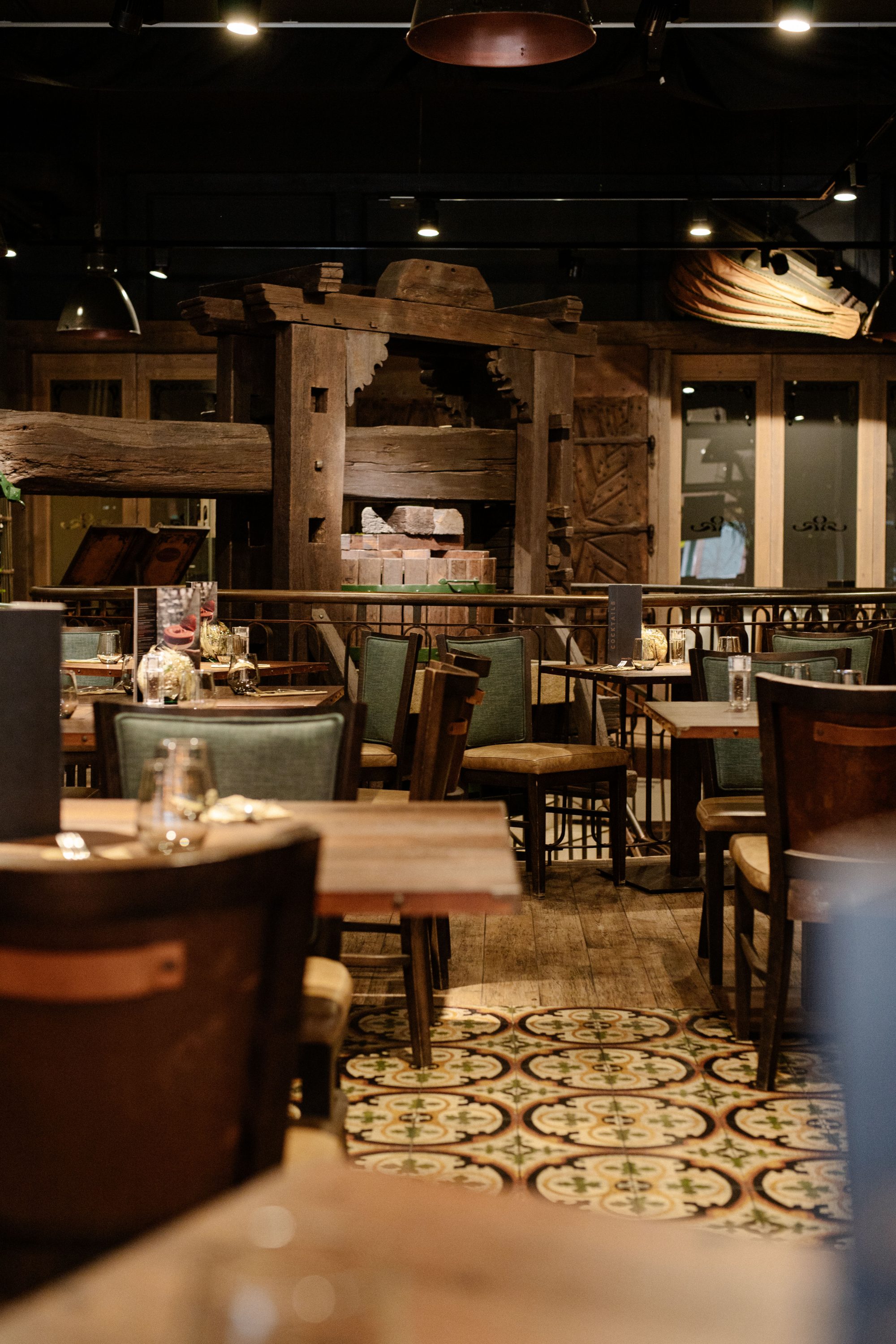
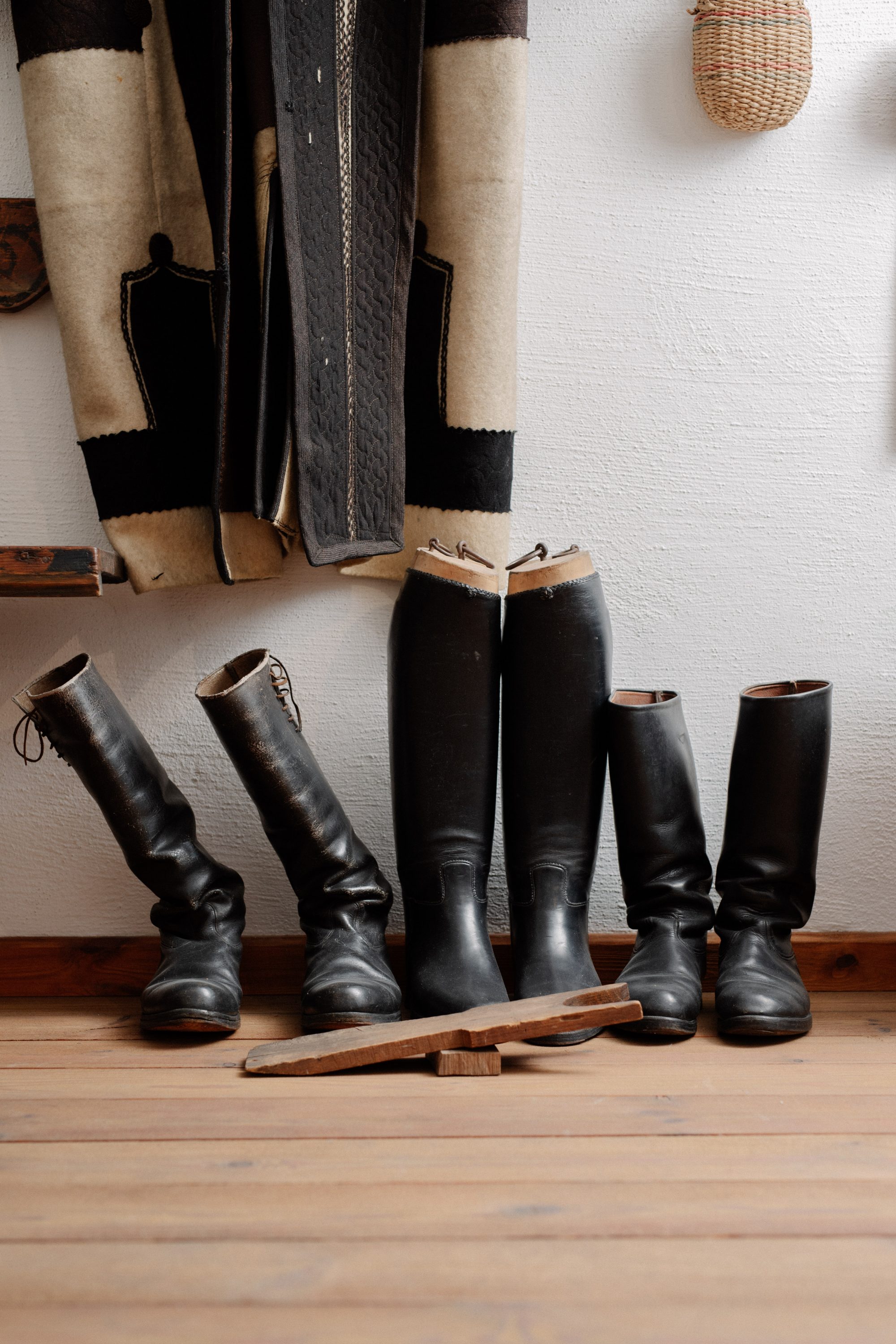
The location is an attractive world in itself, but the more people you can fill it with, the more interesting it is—Urban Betyár offers private rooms, so it is an excellent choice from conferences to smaller family events. Although the special rooms are loyal to the basic identity, they still represent a different style: the conference room is ideal for companies, while the mirror and VIP room are suitable for smaller groups. The family-friendly side of the restaurant is not only behind the creative concept, but also in practice: child-friendly design and quiet nursing rooms are waiting for younger outlaw fans.
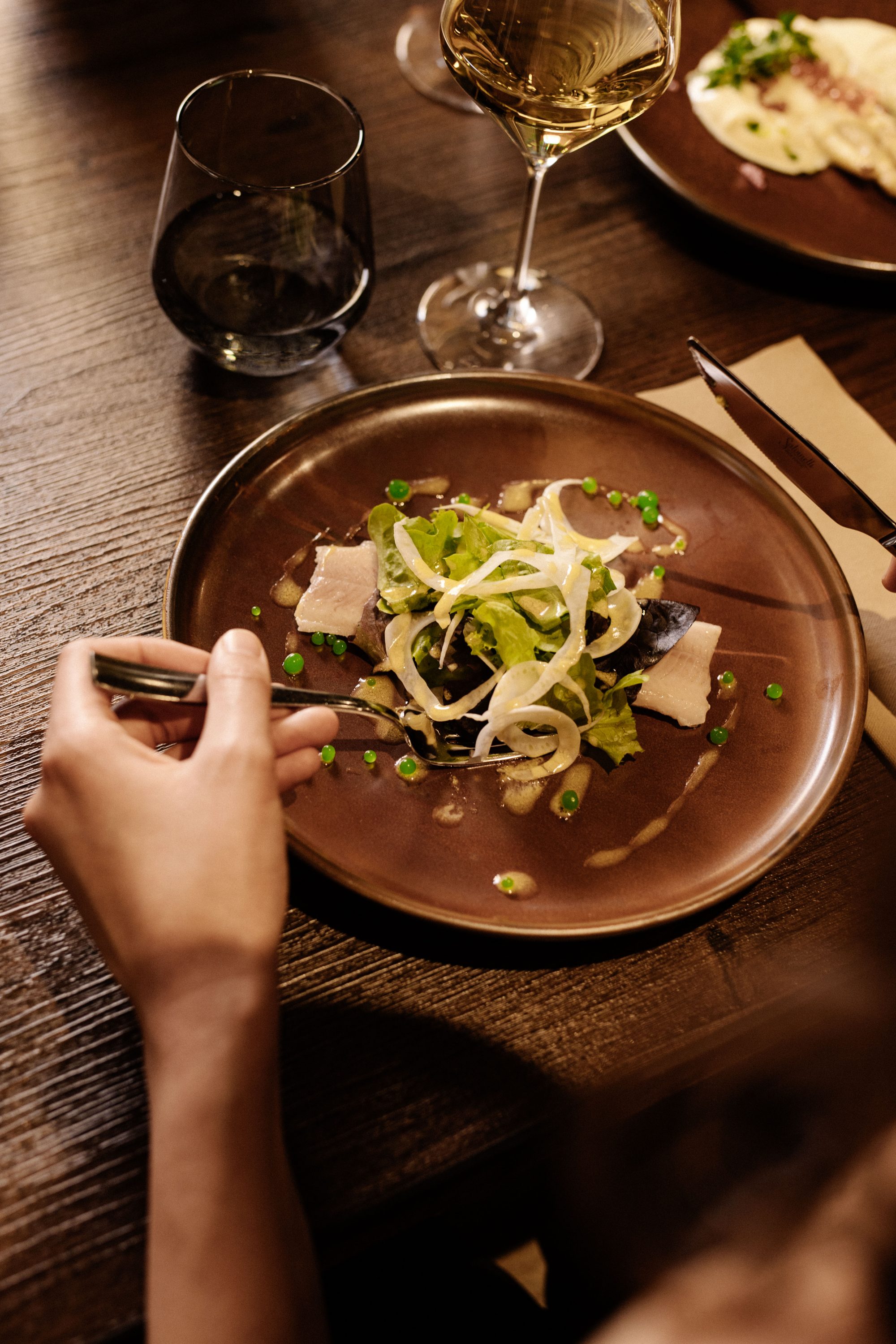
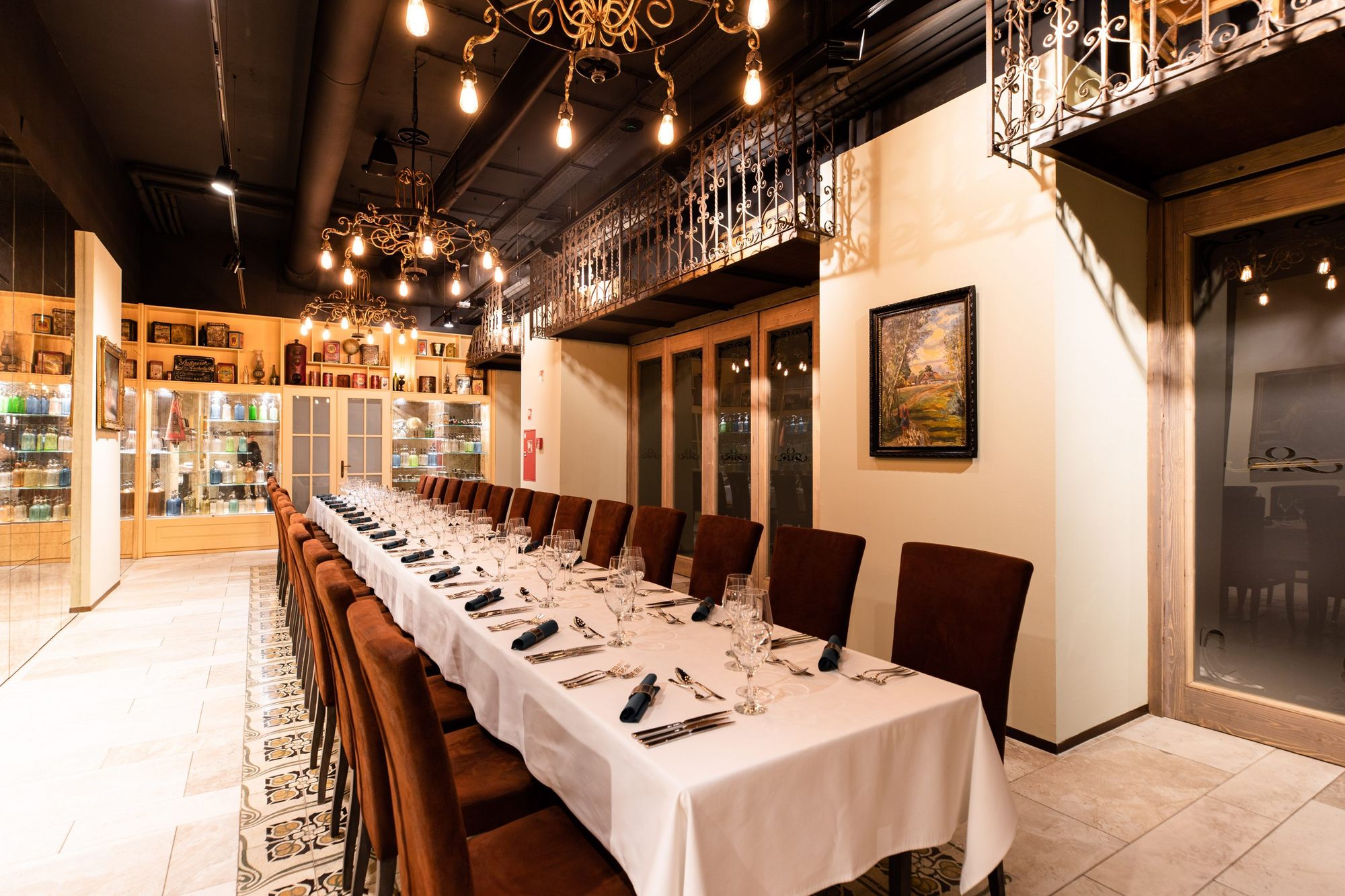
With a glass of wine, each guest is free to visit the Ethnographic Experience Centre, which was established on the lowest level and is the value-saving result of several years of collecting. Visitors can admire the bedroom furnished with neofolk furniture, the art gallery reminiscent of the Great Hungarian Plain landscape and the collection of nearly three thousand objects. The Experience Centre is a real curiosity, which is mostly due to the balance of cultural heritage and modern tools: due to the reopening, the museum part underwent a technical renovation, so for example, in the gallery room we can experience the atmosphere of the paintings. The exhibition is multilingual, equipped with other techniques, an innovative traditional preservation, which is not only interesting from the ethnographic point of view, but also outstanding technically.
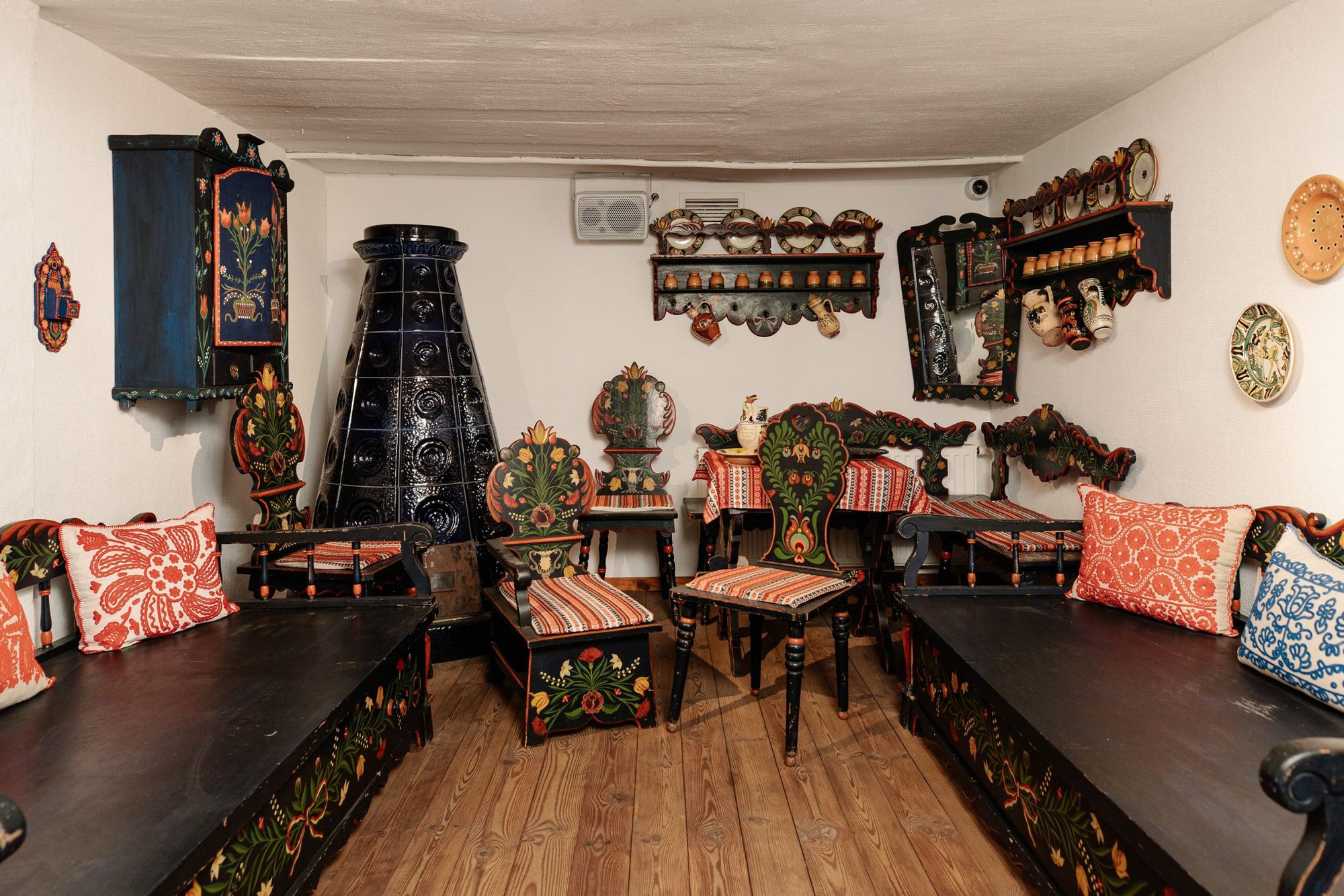
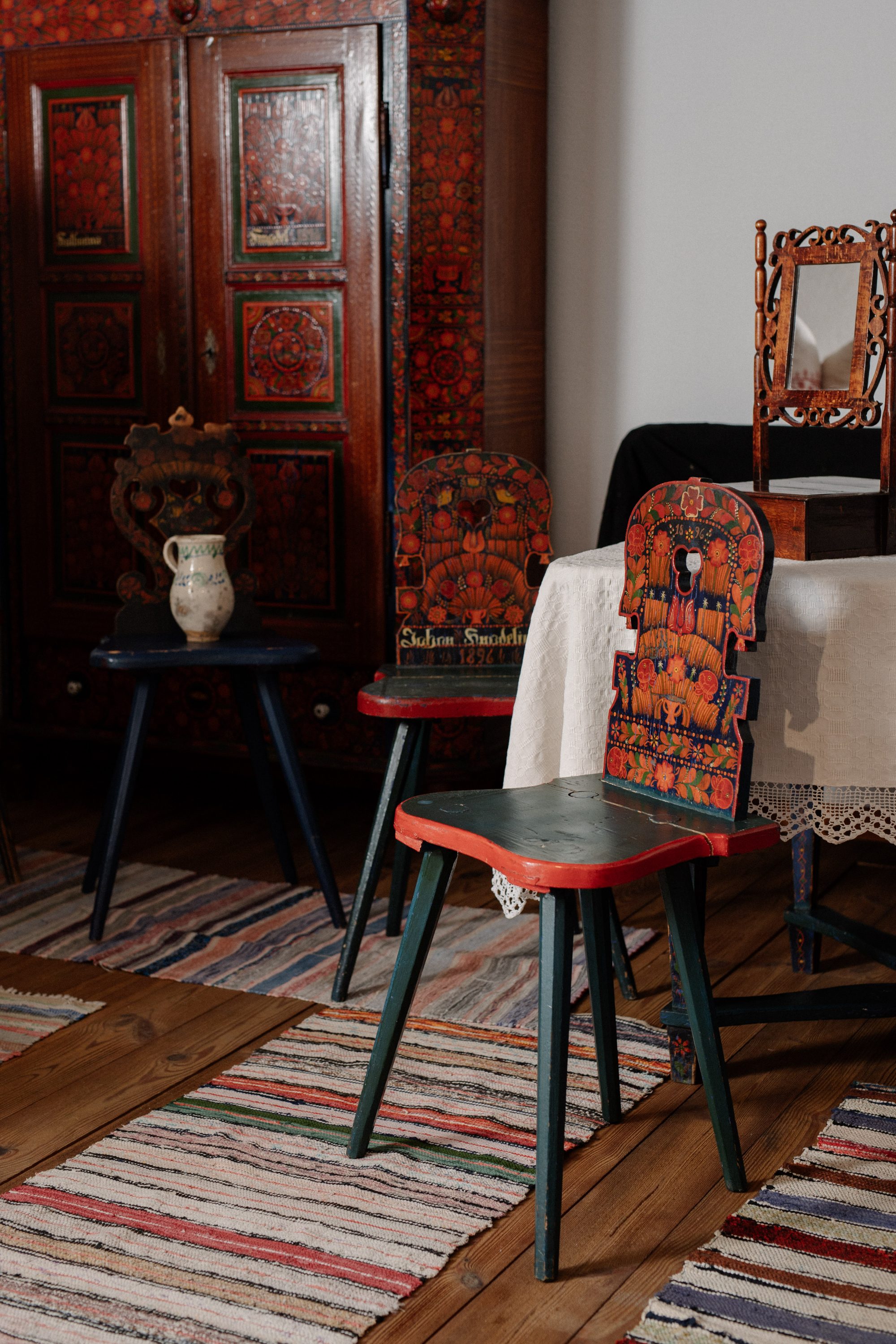
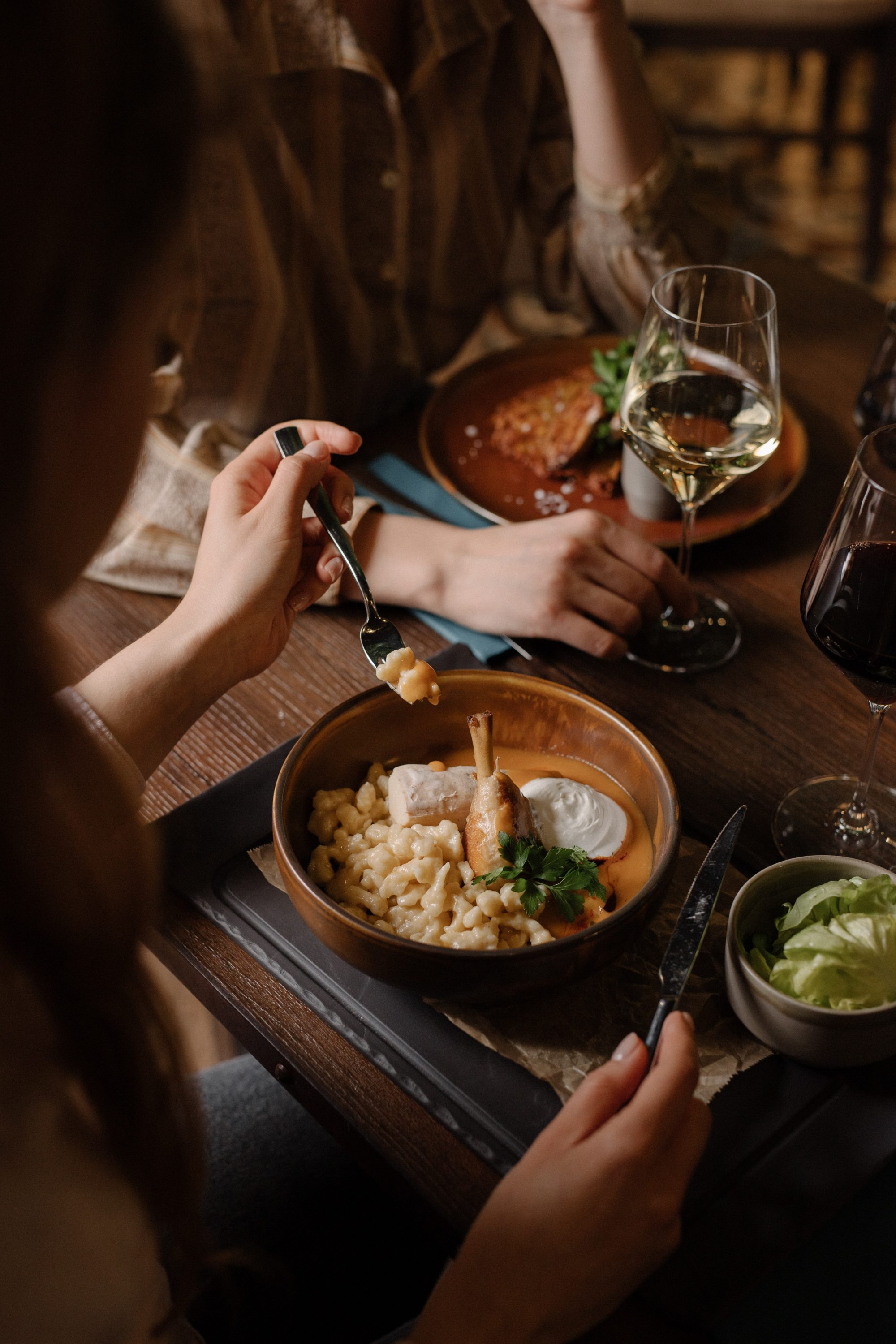
And, of course, one of the most important things: food. This special tradition processing is not only present in the image, but is also reflected in the spirit of the restaurant, in the menu. The reopening in December also made it possible to rethink the menu, which currently reflects the authentic Hungarian cuisine and the simple modern dialogue, which is best symbolized on the menu by the mangalica steak or the grilled goose liver on potato pancake with berries and pinot noir jus, and the cocktail selection.
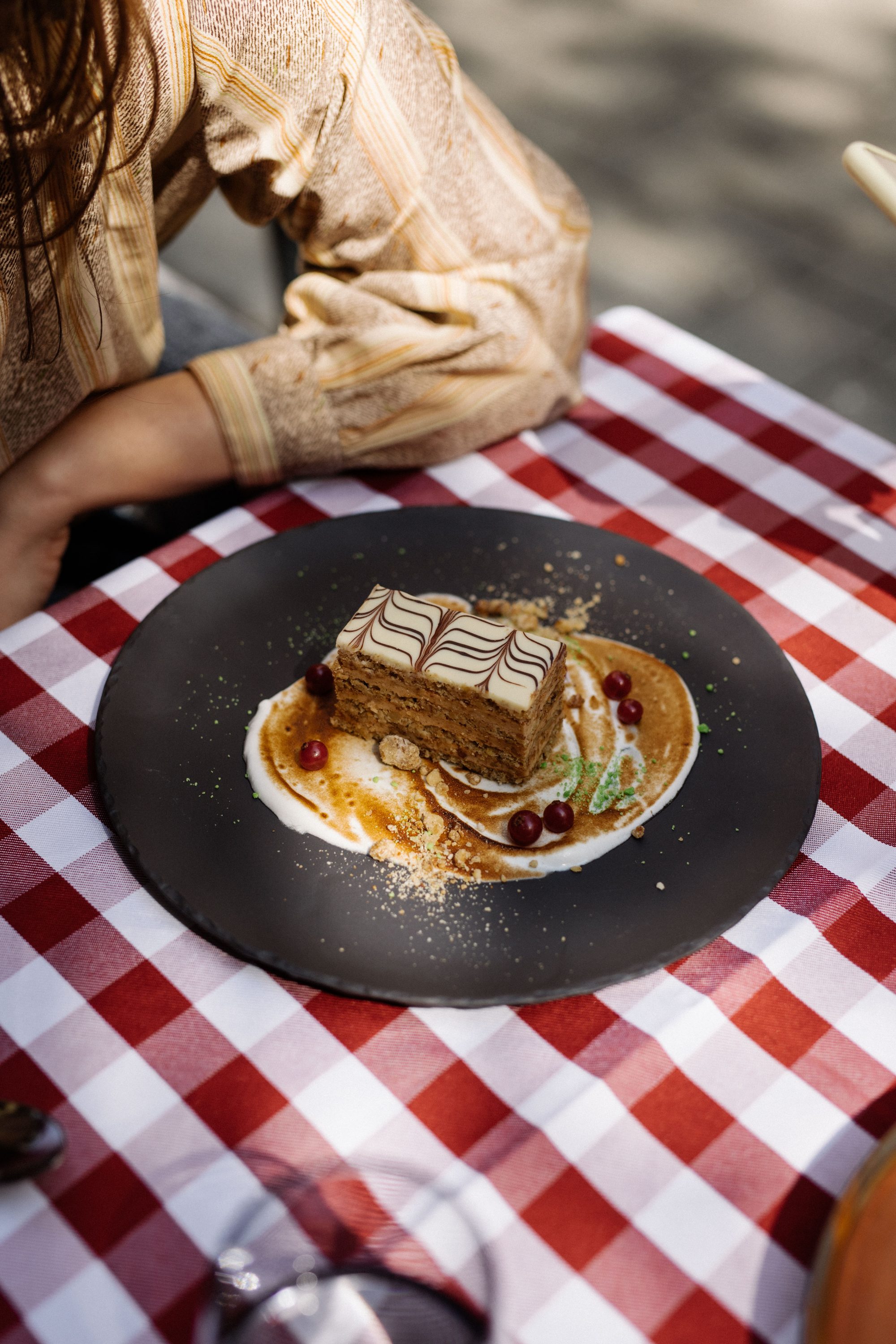
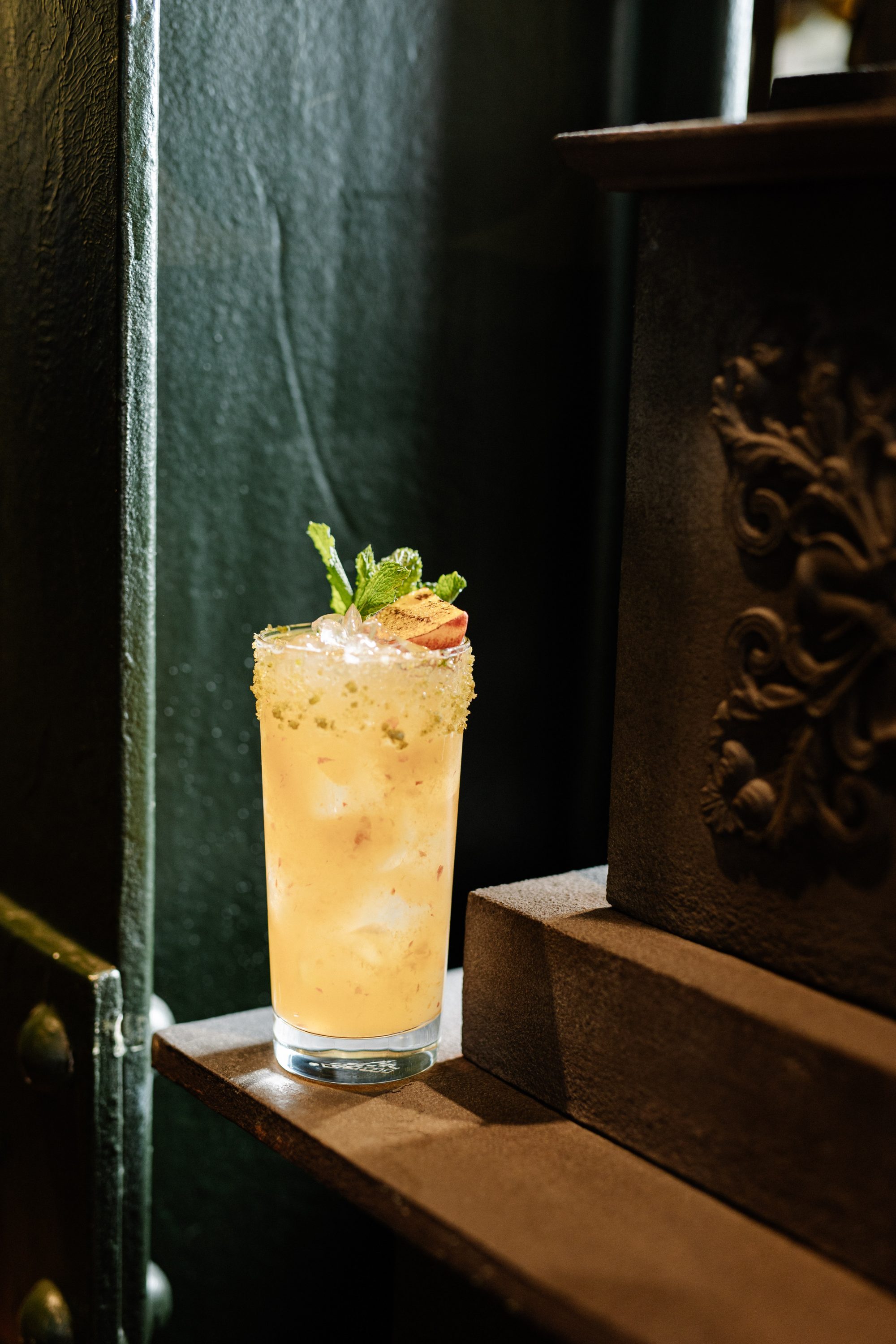
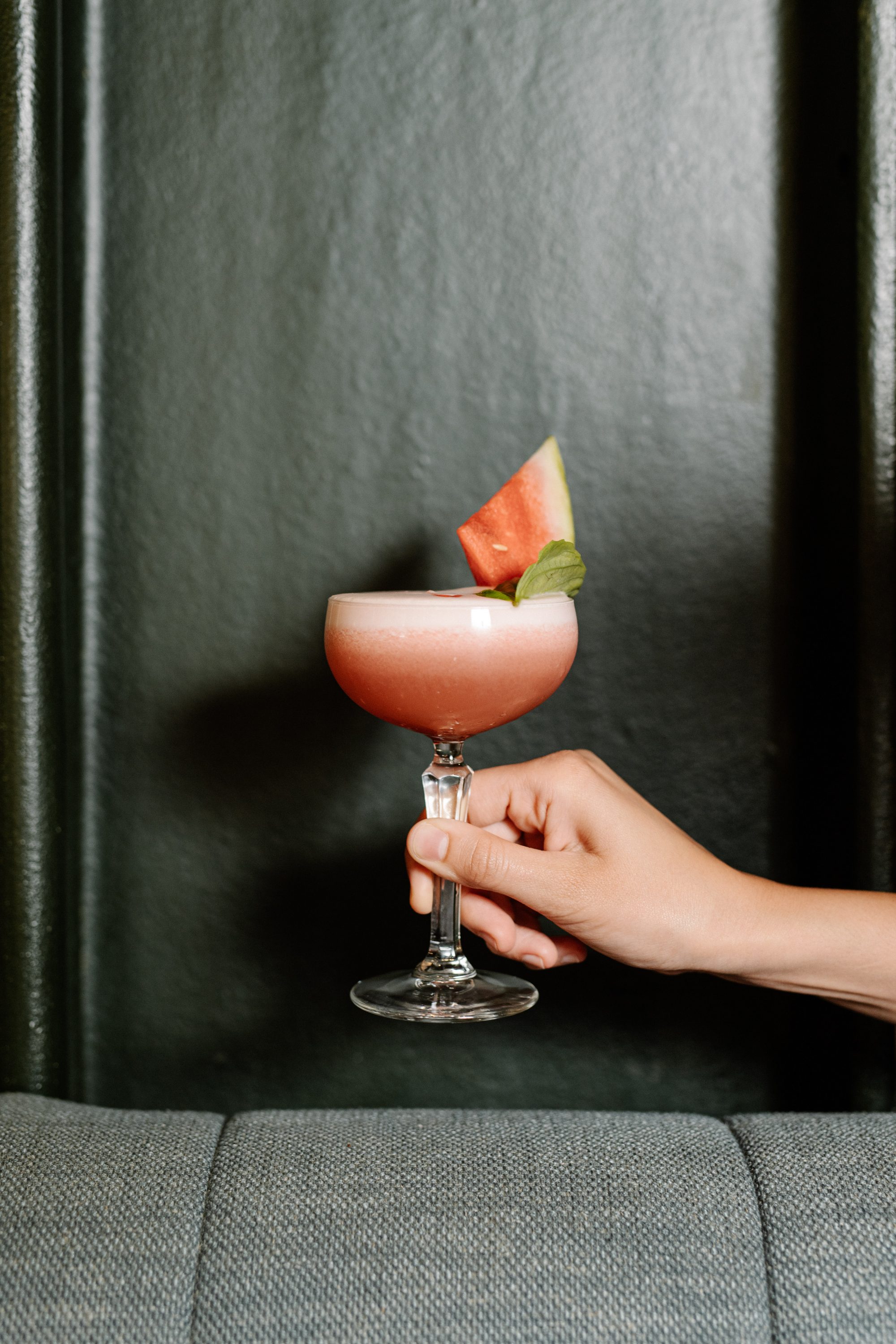
Photos: Dániel Molnár / Socially
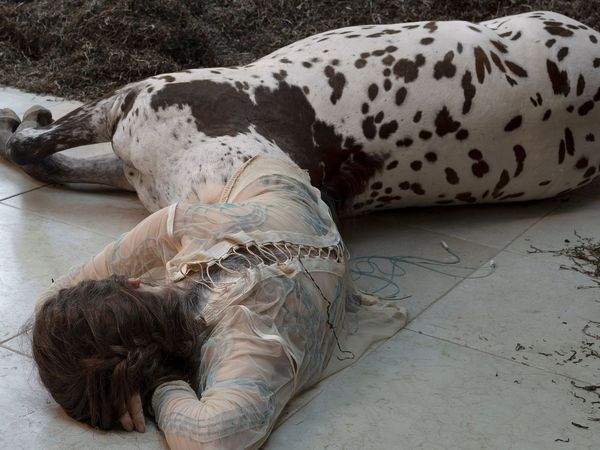
First-hand account on the Venice Biennale TOP 5

Central and Eastern European countries should join forces
